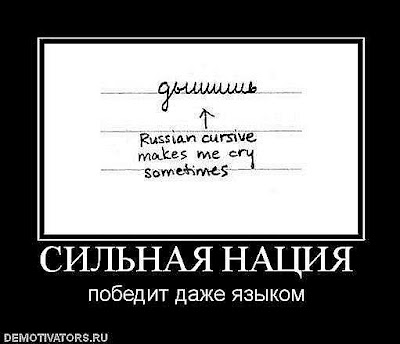Russian has six cases, answering six general questions:
| Case Name | English name | Function | Questions |
|---|---|---|---|
| Nominative | Subject | actor or agent, doer | Who? What? |
| Genitive | Possessive | possessor | Of whom, whose? Of what? |
| Accusative | Objective | object, one/thing done to | Whom? What? |
| Dative | Objective | indirect object, recipient | To whom? To what? |
| Instrumental | Objective | accompaniment, thing used | With/by whom? With/by what? |
| Prepositional | Objective | location, thing talked about | About whom? About what? Where? |
Notice that in English, 'whom' declines but 'what' doesn't, and that 'whom' has only two declined forms. That's pretty much the case across the board. English nouns only change to show possession. Pronouns also change when used as objects - that is, some of them do.
Now, on to the case forms.
The dictionary form of the noun, the one you will learn in vocabulary lists and such, is the nominative case. (In English, this is often called "the subject(ive) case".) All subjects and all predicate nominatives are in nominative case. It is the basic form, the one all other forms change from.
The patterns of a noun's changing are called its declension. Generally, people say the endings are added to the noun; in practice, this is true for masculine nouns, but feminine and neuter nouns have their endings changed.
As an example, the full set for masculine стол table and feminine книга book:
стол стола стола столу столом столе столы столов столы столам столами столах
книга книги книгу книге книгой книге книги книг книги книгам книгами книгах
Note how the -a from книга disappears and is replaced by the other endings. (Don't fear! We will go into all the cases and their endings.)
Posts by Case:
Prepositional:
Resources
Here is a web application that will provide all the forms of a noun you provide.
These language learning sites will have units on noun cases: Master Russian, Russian Nouns and Cases.
From Learning Russian,Nouns and Cases.
From Russian Lessons, Summary of the Cases with more details at links provided.



